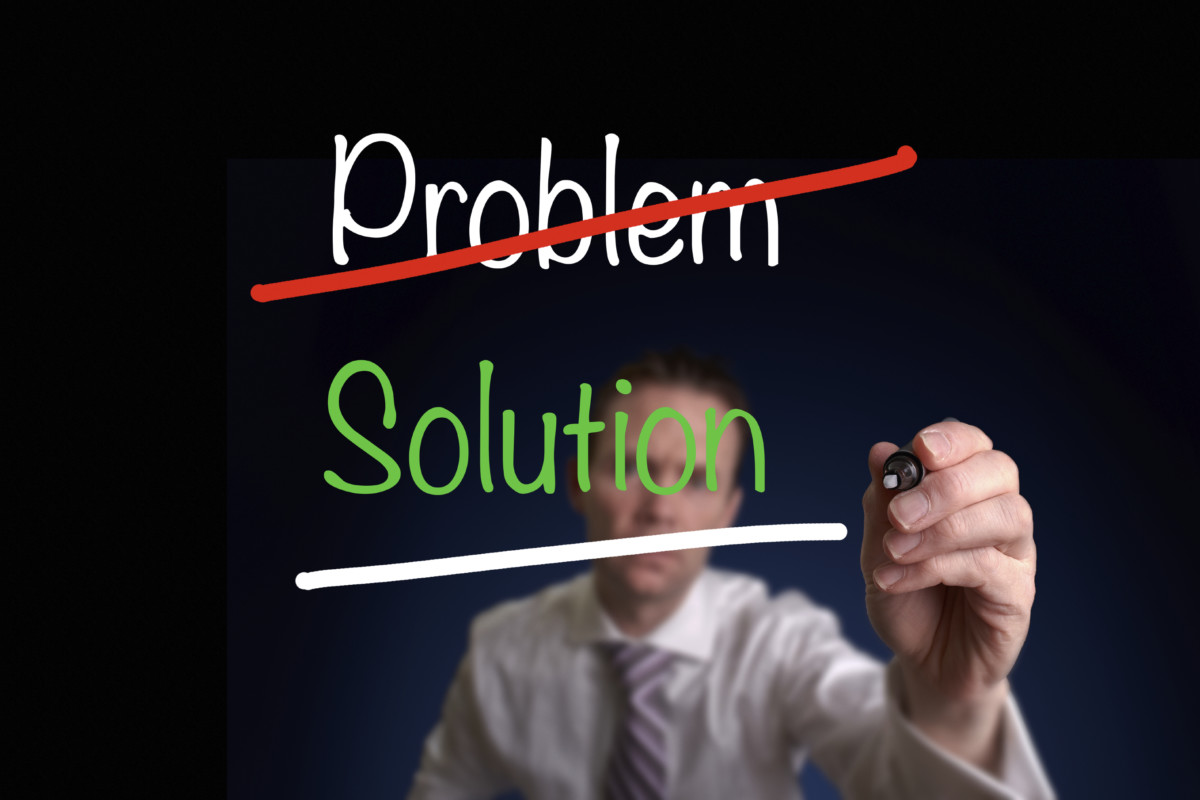My father had a problem. He was the shop manager for the International Harvester tractor and truck dealership in the small town where I grew up, and his staff was upset about their pay.
There was no Human Resources department in those days, and today’s HR professionals would never allow his solution. It was, however, a novel approach at the time.
My father asked each person in the shop to write down the salary they believed they deserved on a piece of paper and sign it. He reviewed all of the requests; judged them to be reasonable; took them to the dealership owner; and convinced him that each person should be paid the salary for which they had asked.
The members of his team were ecstatic … for a week.
The next Friday the shop was in chaos as some members of the crew discovered—after comparing their pay stubs—that they were paid less than others who they judged as equal in talent, effort, and productivity.
My father patiently pulled each person’s piece of paper and asked if they had received the salary they said they deserved. Each reluctantly agreed that they had been given exactly that amount. My father told them that he had kept his end of the bargain and that he expected them to do the same. He also agreed to revisit the situation in six months.
The Power of Perspective and Perception
The point of the story isn’t compensation or even my father’s creative problem solving skills. It is the fact that we can allow our perspective to create unrealistic perceptions that prevents us from seeing a better future.
You have to assume that at least a few my father’s team considered writing a larger number on their slip of paper and then had second thoughts. Their perspective convinced them that there was no way the owner would ever agree to the wage they really wanted. Others no doubt viewed the salary increase they requested as fair or even excellent from the perspective of their past wages. Either way, their perspective and the perception it created prevented them from seeing the potential for more.
Teams and organizations do the same thing. They allow unrealistic perception – often cloaked in the language of self-doubt or circumstances beyond their control – to prevent them from seeing and achieving a better future.
The perceptions of doubt are reflected in comments such as “they would never let us do that,” “there is no way we could ever get that project funded,” or “that would never work.” Most important, those perceptions prevent us from making the changes we need today to guarantee greater success tomorrow.
Unload the Baggage
The perspective of past experience influences perception and perception influences every aspect of how we view the future and change. Think of it as emotional, intellectual, and psychological baggage that colors what you view as possible.
Everyone brings baggage to change. Some arrive with small overnight bags. Others lug in big steamer trunks. Sometimes the bags are filled with good stuff—the positive experiences that give hope for accomplishing great things in the future. Often, the bags contain bad or even irrational stuff—the scars and uncertainty that arises from past failures.
Positive baggage shows up as a mix of hopeful optimism and realistic understanding of challenges. It acknowledges challenges and then focuses on how to overcome them.
Negative baggage, on the other hand, is evident in comments such as, “We tried that before,” or “We could never pull off a change that big.”
When asked, my father told me that all of his crew thought they deserved an additional raise after that first week. Their perspective had been expanded, and as such, their perceptions about what is possible had changed – even the person who was paid the most was now convinced that he should have asked for even more.
Leaders who bring the future to life and then execute to achieve it are in essence baggage handlers. They help others (and themselves) unload the negative and embrace the positive baggage to make change possible. They accomplish that by changing the perspective of followers.
Randy Pennington is an award-winning author, speaker, and leading authority on helping organizations achieve positive results in a world of accelerating change. To bring Randy to your organization or event, visit www.penningtongroup.com , email info@penningtongroup.com, or call 972.980.9857.





